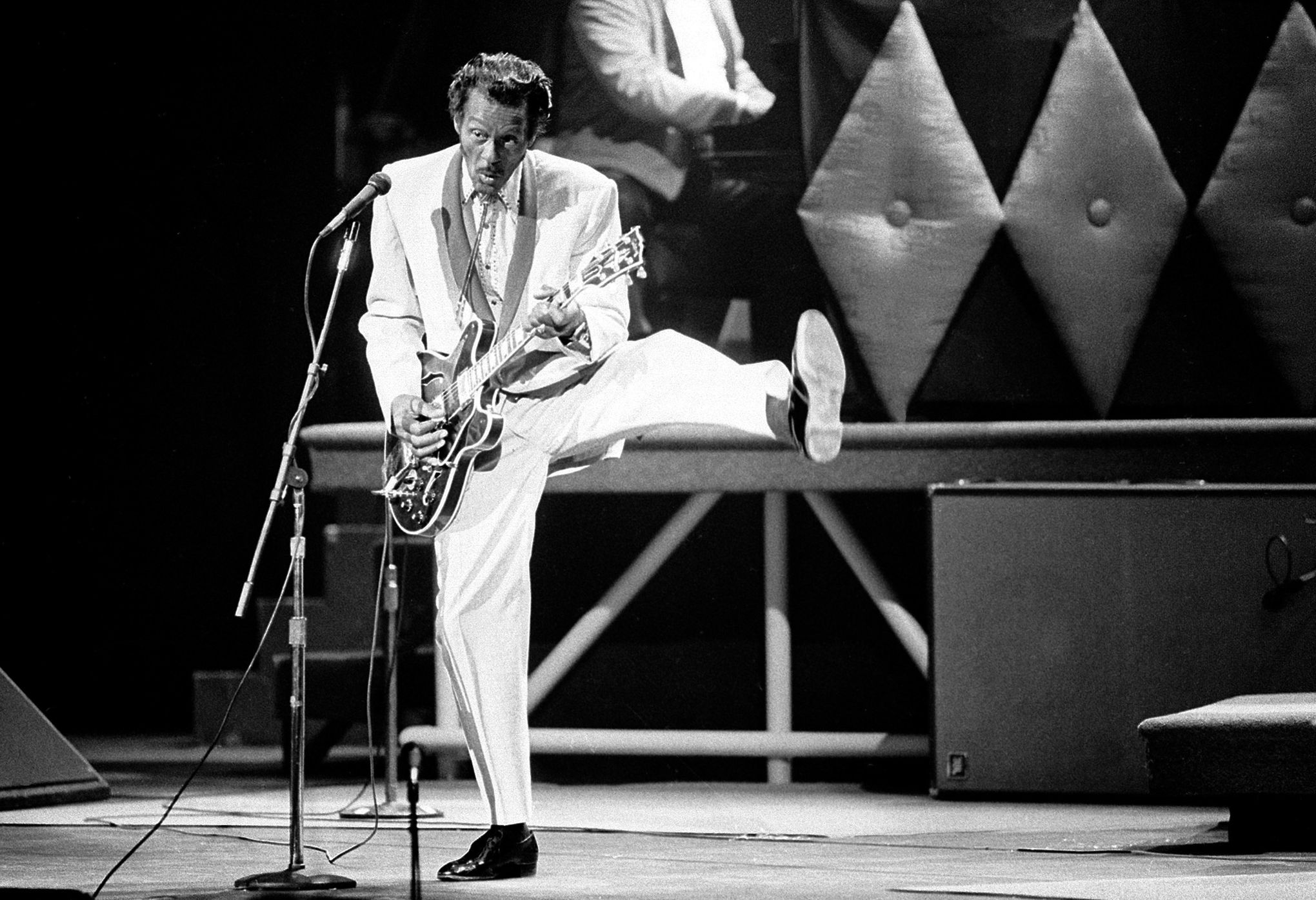Did Jazz Influence Rock?
When we delve into the rich tapestry of music history, we often find unexpected connections and influences that have shaped genres in profound ways. One such intriguing relationship exists between jazz and rock music. At first glance, these genres may seem worlds apart, with jazz originating from African American communities in the late 19th and early 20th centuries and rock emerging from the vibrant energy of the 1950s. However, a closer examination reveals a complex interplay of musical ideas, innovations, and personalities that suggest a significant influence of jazz on the development of rock music.

To understand this influence, let's journey back to the roots of both genres. Jazz, with its improvisational spirit, syncopated rhythms, and emphasis on individual expression, laid the groundwork for much of modern popular music. Emerging in the melting pot of New Orleans, jazz evolved through various styles such as ragtime, blues, and swing, becoming a symbol of cultural innovation and rebellion. Meanwhile, rock music emerged in the mid-20th century as a fusion of rhythm and blues, country, gospel, and other musical traditions, propelled by the electrifying performances of artists like Chuck Berry, Little Richard, and Elvis Presley.
The connection between jazz and rock becomes apparent when we examine the musical techniques and innovations shared by both genres. One of the most significant contributions of jazz to rock is the concept of improvisation. Jazz musicians, through their spontaneous creativity and virtuosity, inspired rock artists to explore new ways of musical expression beyond conventional song structures. Icons like Jimi Hendrix, known for his electrifying guitar solos that pushed the boundaries of sonic experimentation, drew inspiration from jazz improvisers like Charlie Parker and John Coltrane, infusing their rock compositions with elements of improvisational freedom.
Moreover, jazz introduced complex harmonies and chord progressions to the vocabulary of rock music. Artists such as The Beatles, The Beach Boys, and The Doors incorporated jazz-inspired chords and arrangements into their songs, expanding the sonic palette of rock beyond its blues roots. The fusion of jazz harmonies with rock instrumentation created a diverse range of sounds and textures, enriching the musical landscape and paving the way for experimental genres like jazz-rock fusion.
Another aspect where jazz left its mark on rock is rhythmic innovation. Jazz rhythms, with their syncopated grooves and polyrhythmic complexity, influenced the rhythmic sensibilities of rock musicians. Drummers like Ginger Baker of Cream and Mitch Mitchell of The Jimi Hendrix Experience drew inspiration from jazz drummers like Max Roach and Elvin Jones, infusing their rock beats with elements of jazz-inspired syncopation and improvisation.
Furthermore, jazz and rock have often intersected through collaborations and cross-pollination between artists. Musicians from both genres have frequently collaborated on projects, blurring the boundaries between jazz and rock and creating hybrid styles that defy categorization. Iconic collaborations such as Miles Davis's "Bitches Brew" album, which featured elements of jazz, rock, and funk, exemplify the fluid exchange of ideas between musicians from different genres.
Beyond musical techniques, jazz's spirit of innovation and experimentation has permeated the ethos of rock music. Both genres share a rebellious attitude towards convention, challenging societal norms and pushing artistic boundaries. Jazz's embrace of improvisation and individual expression resonated with the countercultural movements of the 1960s and 1970s, influencing rock artists who sought to break free from the constraints of commercialism and conformity.
If you are interested in learning music check out our Music Lessons in Tulsa.
The influence of jazz on rock music is undeniable. From improvisational techniques to harmonic innovations and rhythmic experimentation, jazz has left an indelible mark on the evolution of rock music. Beyond musical techniques, jazz's spirit of innovation and individual expression has profoundly influenced the ethos of rock, shaping its rebellious attitude and adventurous spirit. As we continue to explore the intricate connections between musical genres, the enduring influence of jazz on rock serves as a testament to the transformative power of music across cultures and generations.
One pivotal figure in bridging the gap between jazz and rock was Miles Davis. His explorations into fusion during the late 1960s and early 1970s opened up new sonic possibilities for rock musicians. Albums like "In a Silent Way" and "Bitches Brew" showcased Davis's fusion of jazz improvisation with rock instrumentation, inspiring a generation of rock artists to embrace experimentation and genre-blurring. Guitarists like Carlos Santana and John McLaughlin, who collaborated with Davis during this period, were profoundly influenced by his approach, incorporating elements of jazz improvisation and modal harmonies into their own music.
Similarly, the influence of jazz-rock fusion bands like Weather Report and Mahavishnu Orchestra cannot be overstated. These groups pushed the boundaries of both jazz and rock, blending virtuosic instrumental performances with complex compositions and avant-garde sensibilities. Their fusion of jazz improvisation with rock energy appealed to audiences across genres, demonstrating the power of musical innovation to transcend traditional boundaries.
Moreover, the ethos of jazz improvisation found resonance in the ethos of rock improvisation, particularly in the realm of jam bands. Bands like the Grateful Dead and Phish drew inspiration from jazz's improvisational ethos, weaving extended instrumental passages and spontaneous improvisation into their live performances. By embracing improvisation as a central tenet of their musical expression, these bands continued the legacy of jazz experimentation within the context of rock music, fostering a sense of community and shared experience among their fans.
In essence, the influence of jazz on rock music extends beyond mere stylistic borrowings; it represents a fundamental shift in the way musicians approach composition, performance, and artistic expression. By embracing the spirit of innovation, collaboration, and improvisation inherent in jazz, rock musicians have continued to push the boundaries of their craft, creating a diverse and dynamic musical landscape that reflects the rich tapestry of influences shaping our cultural heritage.
If you like this check out our article: A Timeless Journey Through Sound
